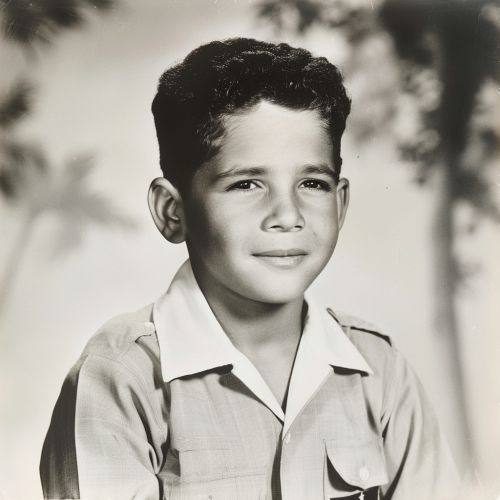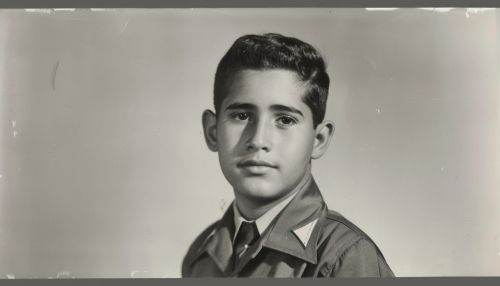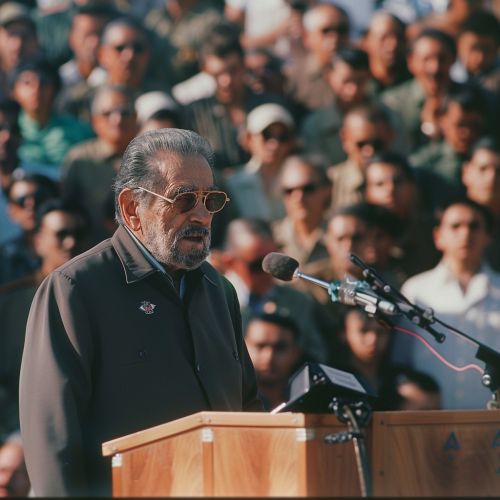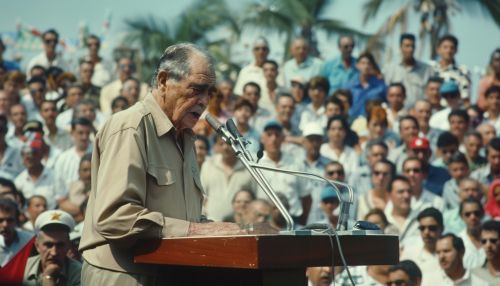Raul Castro
Early Life and Education
Raul Castro was born on June 3, 1931, in Birán, a small town in the province of Holguín Province, Cuba. He was the youngest of three brothers, with Fidel being the eldest and Ramón the middle child. His parents, Ángel Castro and Lina Ruz González, were immigrants from Spain.
Raul's early education was at the hands of private tutors. However, he later attended the Jesuit-run Dolores School in Santiago de Cuba and the Belén Jesuit Preparatory School in Havana. His time at these institutions would later influence his political ideology.


Political Awakening
Raul's political awakening began while he was studying law at the University of Havana. It was here that he joined the Socialist Youth, an affiliate of the Communist Party of Cuba. His involvement in student politics and the socialist movement marked the beginning of his journey towards becoming a key figure in the Cuban Revolution.
Role in the Cuban Revolution
In 1953, Raul participated in the Moncada Barracks attack, an unsuccessful attempt to overthrow the government of President Fulgencio Batista. Following the attack, he was captured and sentenced to 13 years in prison. However, he was released in 1955 as part of a general amnesty.
After his release, Raul joined his brother Fidel in Mexico, where they formed the 26th of July Movement. This group was instrumental in the Cuban Revolution, which culminated in the overthrow of Batista's government in 1959.
Political Career
Following the success of the Cuban Revolution, Raul held several key positions in the new government. He served as the Minister of the Revolutionary Armed Forces from 1959 to 2008, making him the longest-serving minister in the history of Cuba. He also served as the First Deputy Prime Minister from 1972 to 2008.
In 2008, following the illness and subsequent retirement of his brother Fidel, Raul assumed the position of President of Cuba. He held this position until 2018, when he stepped down and was succeeded by Miguel Díaz-Canel.


Personal Life
Raul Castro married Vilma Espín, a fellow revolutionary, in 1959. They had four children together: Deborah, Mariela, Nilsa, and Alejandro. Espín passed away in 2007.
Legacy
Raul Castro's legacy is a complex one. While his leadership saw significant improvements in education and healthcare, it was also marked by a lack of political freedoms and economic stagnation. His decision to step down as president in 2018 marked the end of the Castro era in Cuban politics.
